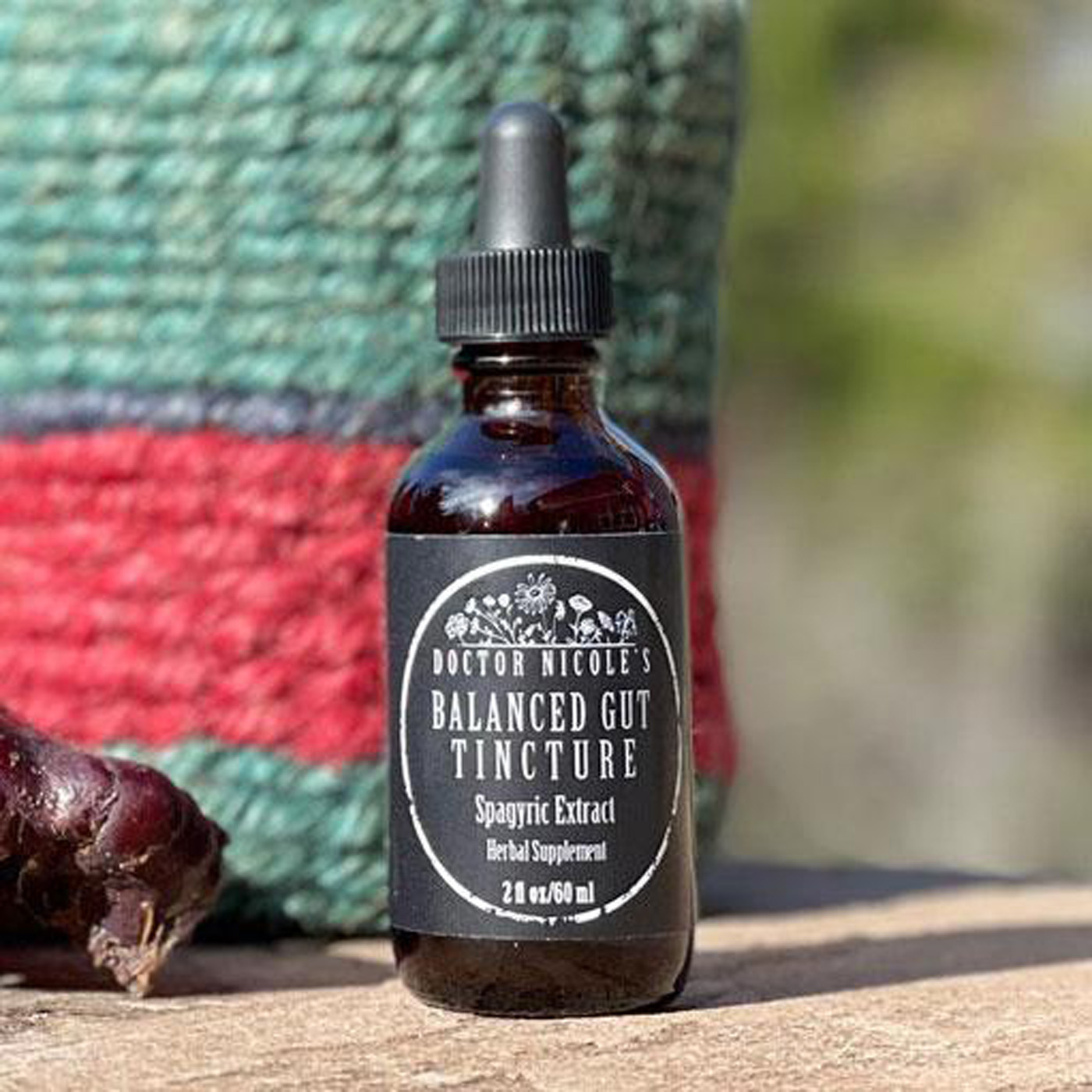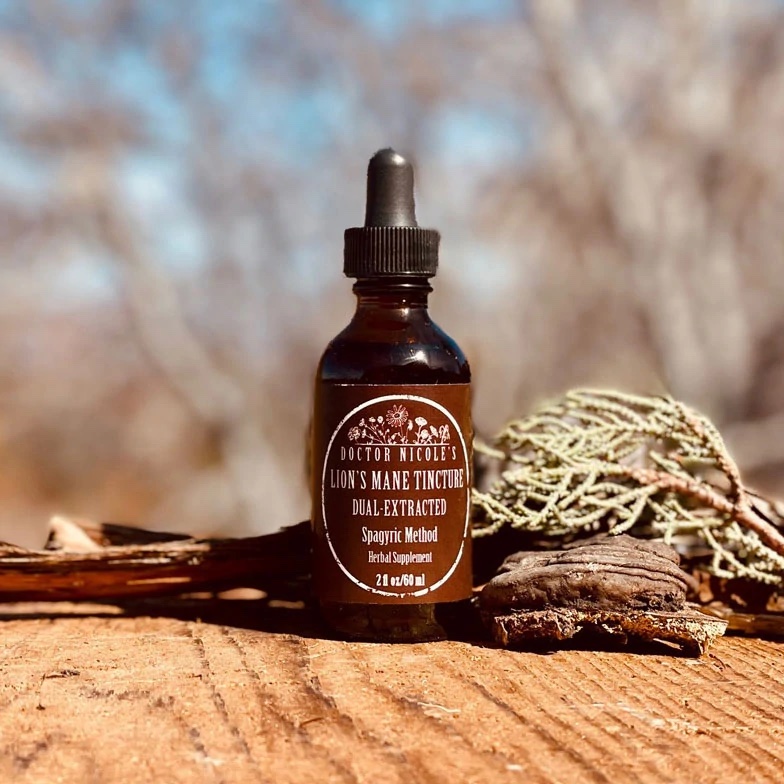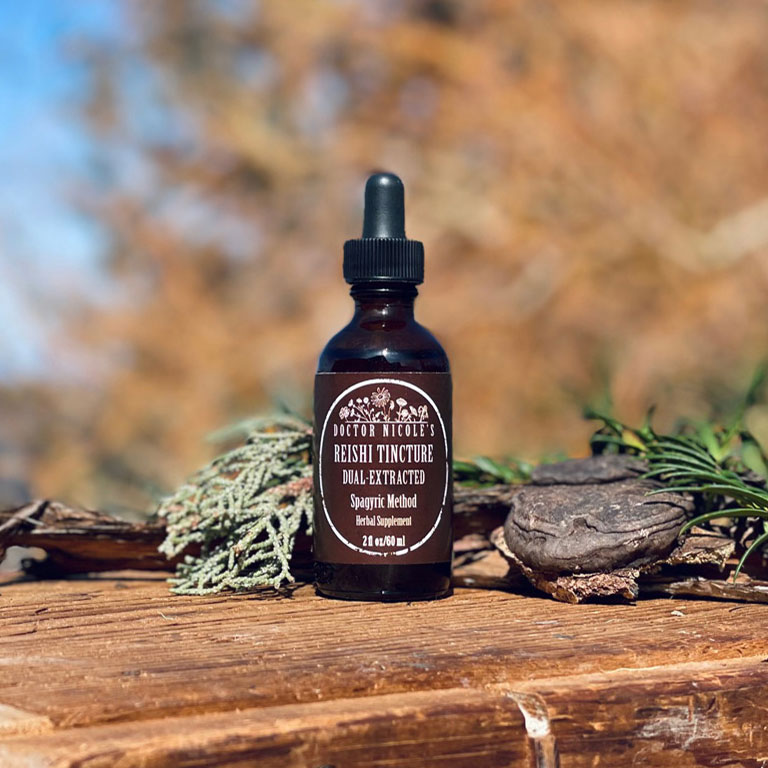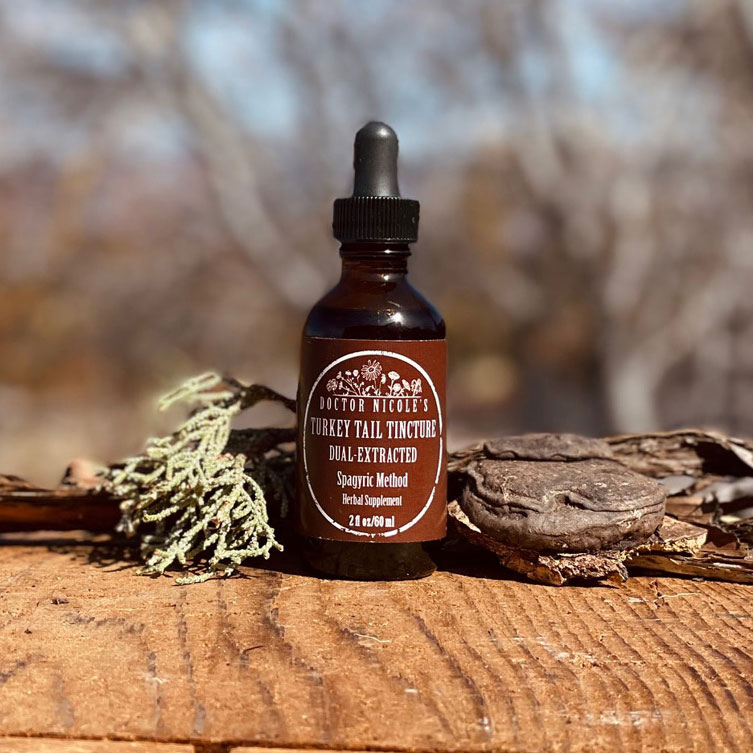A Health-Harming Cycle
Inflammation is generally not something we give much thought to unless we have had an injury or are experiencing pain. But researchers over the last decade have discovered that chronic inflammation is a major factor in many modern diseases — including a range of autoimmune disorders, diabetes, cancer, asthma, cardiovascular disease, Lyme disease, and arthritis. It is also associated with leaky gut and the host of health issues that accompany it. Low energy and significant fatigue are often experienced as well. The problem with this ongoing inflammation is that it perpetuates a vicious cycle of worsening disease, which in turn triggers a further inflammatory response. Not only does this negatively impact physical health and immune system function, but it is also linked to brain fog, depression, anxiety, and Alzheimer’s.2
This is what a Harvard Medical School report on chronic inflammation has to say:
“Chronic inflammation often begins with the same cellular response, but morphs into a lingering state that persists for months or years when the immune system response fails to eliminate the problem. Alternatively, the inflammation may stay active even after the initial threat has been eliminated. In other cases, low-level inflammation becomes activated even when there is no apparent injury or disease. Unchecked, the immune system prompts white blood cells to attack nearby healthy tissues and organs, setting up a chronic inflammatory process that plays a central role in some of the most challenging diseases of our time.” -Harvard Medical School report, “Fighting Inflammation: How to stop the damage before it compromises your health”.
This condition can be exceptionally subtle — to the point where you are unaware of it until disease manifests. Prevention is best, but if you are currently struggling with this condition, you can treat it effectively through natural methods. Let’s have a look at a few of the best practices that help to decrease chronic inflammation and address any underlying issues that may be contributing to it.
Top Conditions Associated With Chronic Inflammation
- Autoimmune disorders
- Type 2 diabetes
- Heart disease
- Carrying extra weight
- Compromised gut health
- Exposure to toxins and air pollution
- Bacteria and viral infections
- High levels of continuing stress
Inflammation is also highly influenced by our lifestyle choices. If we eat a diet high in processed and inflammatory foods, we can struggle with the condition even if we don’t have an underlying health issue. The same for smoking, drinking alcohol, and leading a sedentary lifestyle. Food sensitivities and allergies can also be involved.3,4,5,6
Struggling with bacterial or viral infections — including Lyme disease?
My Eastern Blend is for you! Learn how it can help to address
the underlying causes of chronic inflammation here.
If you would like to lower chronic inflammation, stress relieving practices, regular exercise, a Mediterranean-style diet7, and even laughter can help to reduce the inflammatory response and protect health. Additionally, healing the gut is paramount. Here’s why.
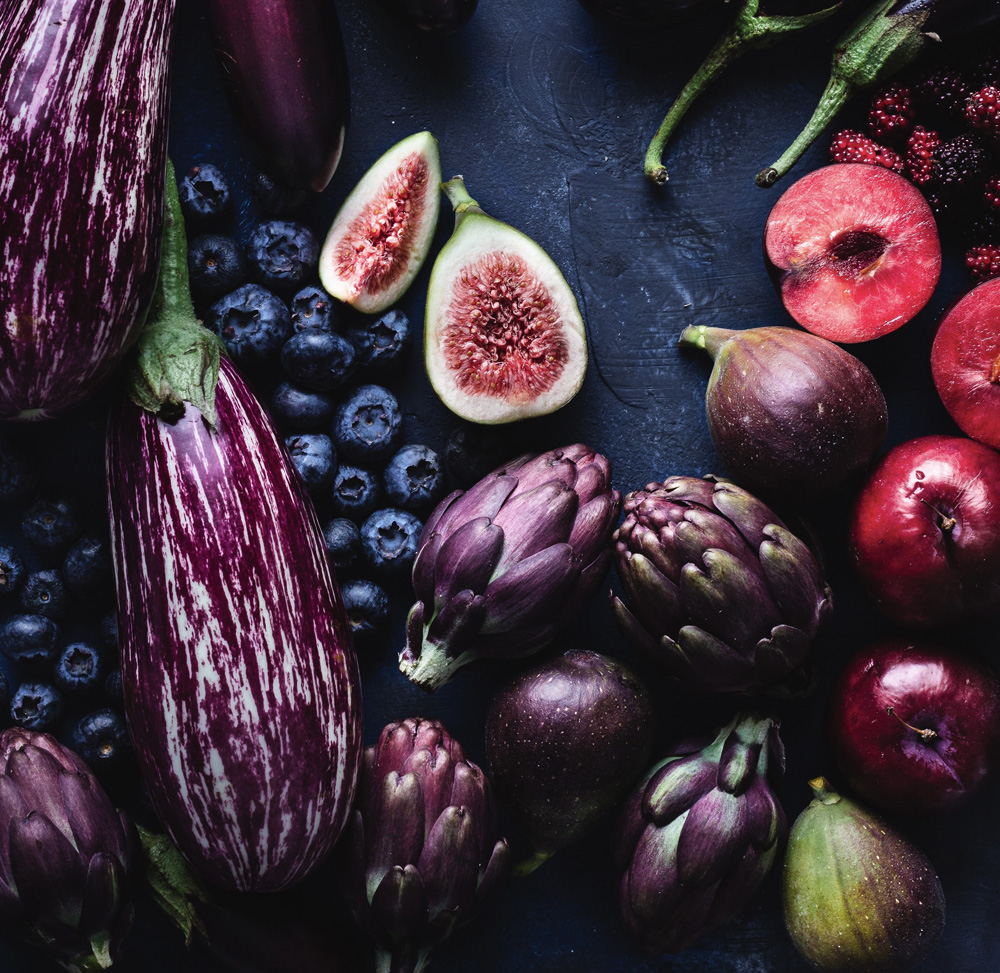
Top Anti-Inflammatory Foods and Medicinal Herbs
One of the top contributors to chronic inflammation is an imbalanced microbiome. When these gut bacteria become compromised, it can lead to autoimmunity, leaky gut, arthritis, depression, neurological disorders, and more.8 Supporting a healthy gut should be a top priority if you value health and would like to lower the risk of developing chronic inflammation. The best way to do this? Diet and medicinal herbs.
As I wrote in “Fertilize Your Gut? You Bet! Here’s How“, the following five classes of foods help to boost the health of your microbiome. Try to incorporate several into your meals each day.
Prebiotics: bananas, oats, flaxseed, chia seed, dandelion greens, raw garlic, chicory root, raw jicama, apples, onions, seaweed, Jerusalem artichoke.
Probiotics: kimchi, kombucha, miso, sauerkraut, tempeh, brine or water cured olives, kefir, yogurt, and fermented pickles.
Insoluble fiber: beans, whole grains, coconut, popcorn, and nuts.
Vegetables for gut-supporting butyrate: arugula, watercress, kale, collards, spinach, and wild greens.
Resistant starch: green bananas, cooked then cooled potatoes, cashews, and raw oats.
Additionally, here are my favorite herbs for promoting gut health and cooling inflammation:
Reishi and lion’s mane mushrooms powerfully tame the inflammatory response, which helps to break the vicious cycle of leaky gut and inflammation. Next is prebiotic-rich turkey tail mushroom that encourages a healthy microbiome by feeding the “good” bacteria while controlling the overgrowth of candida. Plantain is another exceptional anti-inflammatory as it soothes the mucous membranes in the digestive tract. Lastly, slippery elm and marshmallow both form a protective layer that allows the gut to regenerate.
Each of these healing botanicals are included in my Balanced Gut Tincture. Are you ready to heal your gut and calm chronic inflammation? If so, visit the apothecary today!
Nicole Apelian
Nicole’s Apothecary Products in this Post
References
- Clemente, J. C., Manasson, J., & Scher, J. U. (2018). The role of the gut microbiome in systemic inflammatory disease. BMJ (Clinical research ed.), 360, j5145. https://doi.org/10.1136/bmj.j5145
- Harvard Medical School “Fighting Inflammation: How to stop the damage before it compromises your health”. https://www.health.harvard.edu/staying-healthy/understanding-inflammation
- Elisia, I., Lam, V., Cho, B. et al. The effect of smoking on chronic inflammation, immune function and blood cell composition. Sci Rep 10, 19480 (2020). https://doi.org/10.1038/s41598-020-76556-7
- Ellulu, M. S., Patimah, I., Khaza’ai, H., Rahmat, A., & Abed, Y. (2017). Obesity and inflammation: the linking mechanism and the complications. Archives of medical science : AMS, 13(4), 851–863. https://doi.org/10.5114/aoms.2016.58928
- Wang, H. J., Zakhari, S., & Jung, M. K. (2010). Alcohol, inflammation, and gut-liver-brain interactions in tissue damage and disease development. World journal of gastroenterology, 16(11), 1304–1313. https://doi.org/10.3748/wjg.v16.i11.1304
- Liu, Y. Z., Wang, Y. X., & Jiang, C. L. (2017). Inflammation: The Common Pathway of Stress-Related Diseases. Frontiers in human neuroscience, 11, 316. https://doi.org/10.3389/fnhum.2017.00316
- Sureda, A., Bibiloni, M., Julibert, A., Bouzas, C., Argelich, E., Llompart, I., Pons, A., & Tur, J. A. (2018). Adherence to the Mediterranean Diet and Inflammatory Markers. Nutrients, 10(1), 62. https://doi.org/10.3390/nu10010062
- Nicole Apelian PhD, “Why Healing a Leaky Gut Should be a Top Priority; Plus: 6 Herbs for Leaky Gut”. https://www.nicoleapelian.com/blog/why-healing-a-leaky-gut-should-be-a-top-priority-for-healthplus-6-herbs-for-leaky-gut/


